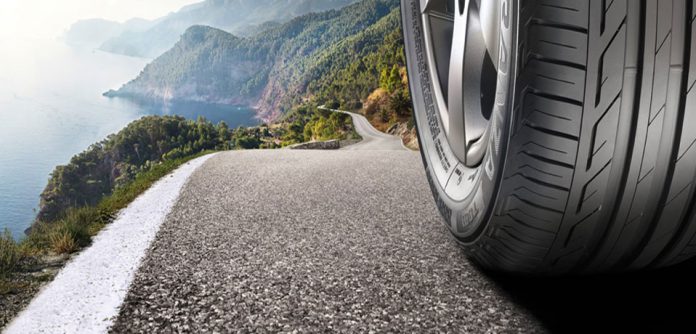Wouldn’t it be great to never have to worry about tire punctures or a rubber band snapping? Well, that could soon be possible in the very near future with thanks to researchers from the Harvard University, John A. Paulson School of Engineering and Applied Sciences (SEAS). The material they’ve created is as tough as any rubber found naturally but also has the ability to self-heal, which is a quality that researchers can see put to good use in various applications in the near future.
It’s not the first time we’ve seen self-healing materials. Previously, researchers at SEAS developed hydrogels that could also self-heal using water to seal the binds. However, self-healing in dry materials is much more difficult because the rubber consists of polymers that are often connected by strong covalent bonds. Although these bonds are difficult to break, once they have been disconnected they will never again reconnect.
For the team to make the rubber self-healing they first needed to create the strong bonds connecting the polymers reversible, enabling them to break and reform. Li-Heng Cai is a postdoctoral fellow at SEAS and also the corresponding author of the paper and he says, “Previous research used reversible hydrogen bonds to connect polymers to form a rubber but reversible bonds are intrinsically weaker than covalent bonds. This raised the question, can we make something tough but can still self-heal? Sure.
The team responsible for developing the self-healing rubber with both covalent and reversible bonds consisted of Cai, Jinrong Wu, a visiting professor at Sichuan University, China, and senior author David A. Weitz, Mallinckrodt Professor of Physics and Applied Physics. To tie these two types of bond together, the researchers developed a kind of molecular rope. This allowed two bonds to be mixed together that were previously unmixable on a molecular scale. And, in doing this the team managed to create durable, transparent, self-healing rubber.
This new form of rubber is fantastic as it has all the great qualities of normal rubber and more. When this rubber is stretched, rather than start to crack like normal rubber, it creates tiny cracks in which to re-distribute the stress and then it will snap back to its normal shape again using its self-healing properties. A patent is currently pending on the new technology.
The hybrid rubber will be great to use in a number of places. Like Wu says, “Imagine that we could use this material as one of the components to make a rubber tire. If you have a cut through the tire, this tire wouldn’t have to be replaced right away. Instead, it would self-heal while driving enough to give you leeway to avoid dramatic damage.”
Research Via Harvard University, Research Also Published @ Advanced Materials
More News to Read

